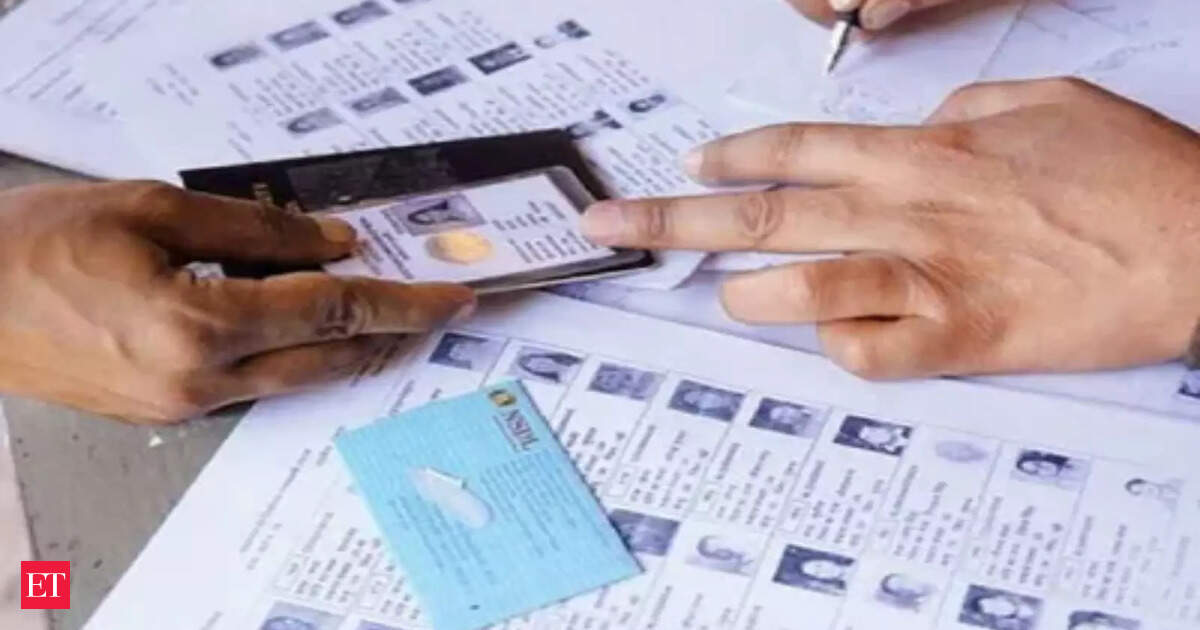This mirrors the SIR mandatory conditions that require proof of date of birth for those born before 1987, similar proof also for at least one parent for those born between 1987 and 2004 and proof for both parents for those born after 2004.
Both 1987 and 2004 are significant as they brought watershed amendments to prevent illegal migrants from acquiring Indian citizenship. They also marked India’s big shift from the ‘jus soli’ (birth right based citizenship) to ‘jus sanguinis’ (citizenship by descent), the latter tied up closely with the citizenship of parents.
The 2003 amendment marked a pivotal point in this process introducing the term ‘illegal immigrant’ in India’s Citizenship Act. The requirements under the now mandatory new ‘Enumeration Form’ reflect all these aspects.
In its June 24 instructions on SIR, the ECI, underlined the centrality of citizenship. It cited Article 326 of the Constitution stating that “a person is required to be an Indian citizen, for his/her name to be registered in the electoral roll. Consequently, the Commission has a constitutional obligation to ensure that only persons who are citizens are included”.
SIR ENUMERATION FORMThe Enumeration Form lists three key categories of electors which determines their document requirement.Category 1: Those born before 01.07.1987, any document establishing date of birth will suffice;
Category 2: Those born between 01.07.1987 and 02.12.2004 must also provide any documentation establishing date of birth for their father or mother besides their own birth proof.
Category 3: Those born after 02.12.2004 will need to provide documentation establishing their own date of birth besides that of both their parents.
2003 AMENDMENT
The above categorisation is exactly as brought about in Section 3 of the Citizenship (Amendment Act) 2003 under the NDA regime. As per the amendment, ‘Citizenship by birth’ was granted 1) to every person born in India on or after the January 26, 1950, but before July 1, 1987 and 2) those born on or after the July 1, 1987, but before the commencement of the Citizenship (Amendment) Act, 2003 but one of parents must be a citizen of India at the time of his birth.
The third category was for those born after the 2003 Act came into effect, but in this case both the parents were to be Indian citizens or one of whose parents could be an Indian citizen but the other, though not an Indian citizen, but also not an illegal migrant.
The 2003 amendment came on the back of the Assam Accord of 1985, signed by the then Congress led government, which assured that the Indian government would deport all ‘illegal’ migrants who arrived in India after March 1971.
In 1987, India amended Indian Citizenship Act, 1955 to state that anyone born in India on or after January 26, 1950, but before July 1, 1987, is an Indian citizen by birth, regardless of their parents’ citizenship. Those born after July 1, 1987, but before December 3, 2004, were granted citizenship by birth if either of their parents was a citizen of India at the time of their birth.




